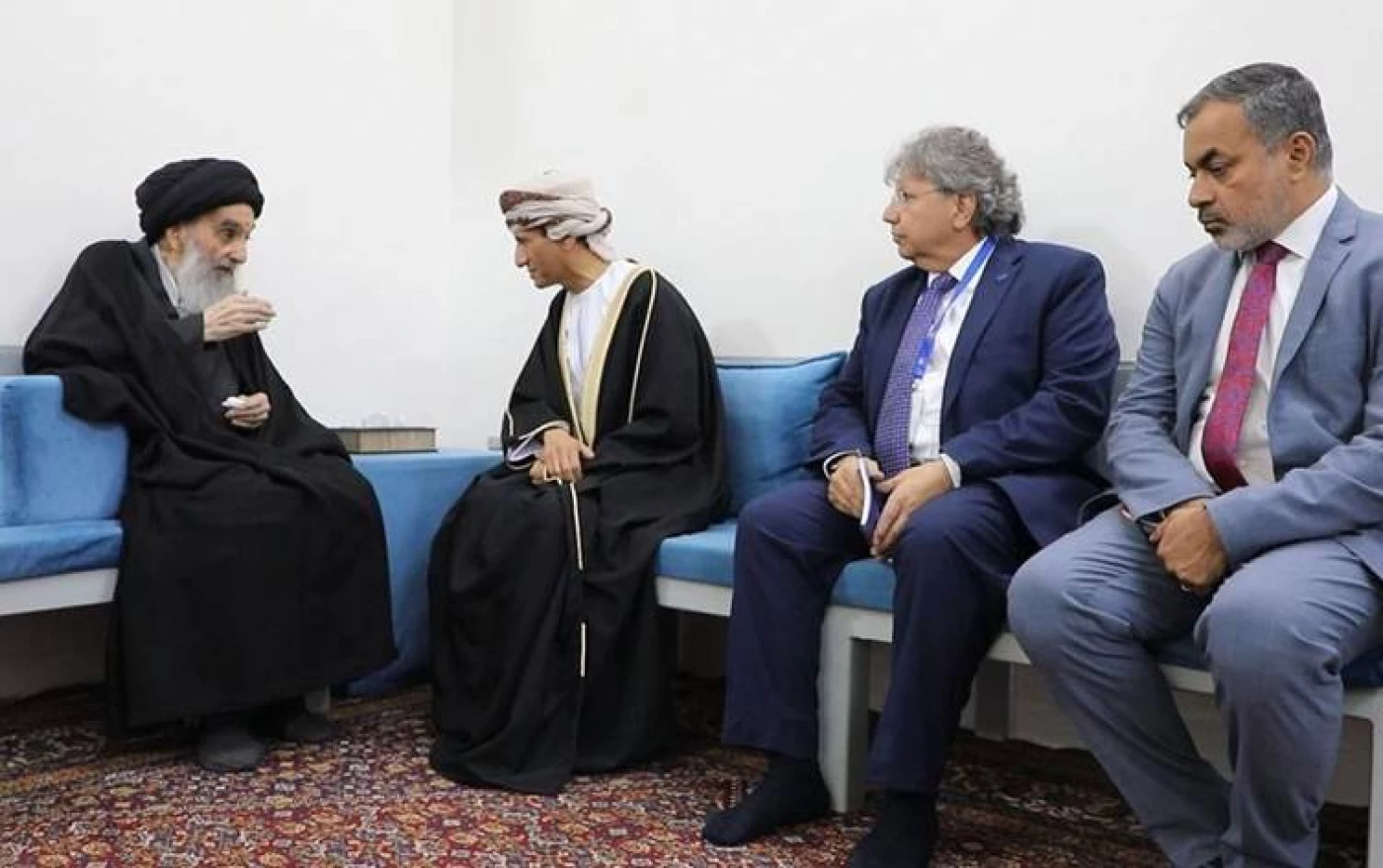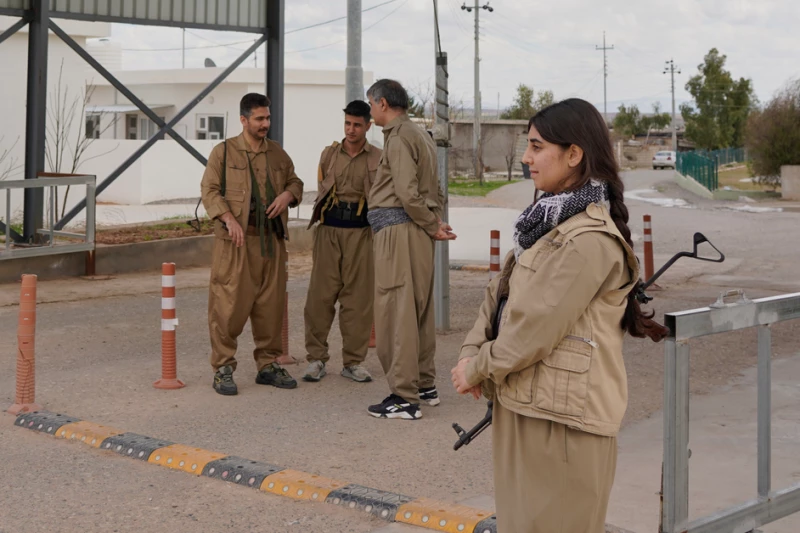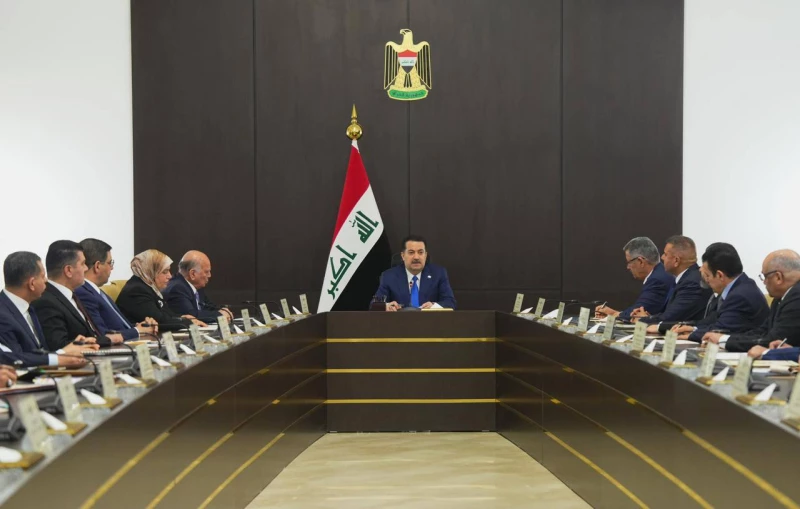ERBIL, Kurdistan Region of Iraq - The UN’s top official in Iraq said he held a meeting with Iraq’s leading Shiite religious authority Grand Ayatollah Ali al-Sistani in Najaf on Thursday, discussing “ways to avoid any conflicts that harm Iraq” and stressing the need to preserve Iraq’s stability amid regional turmoils exacerbated by Syria’s latest developments.
"We discussed with the authorities ways to avoid any conflicts that harm Iraq,” UN Assistance Mission for Iraq chief Mohammed al-Hassan said during a press conference with Governor of Najaf Yusuf Kinawi after concluding his meeting with Sistani.
"The position of the religious authority [Sistani] is important to the United Nations,” Hassan said.
He said he was told by Sistani that he was “keen” that Iraq must be preserved “from any conflicts occurring in the region."
Hassan, who is going to be the last UNAMI chief in Iraq, said they were constantly in "direct coordination” with the Iraqi government.
This is the second time Hassan has met with Sistani in a little over a month.
The ousting of Syria’s Bashar al-Assad at the hands of rebel groups led by Hay’at Tahrir al-Sham (HTS) on Sunday, after ten days of a lightning offensive, has sparked concerns among the Iraqi public and authorities over the conflict’s potential repercussions on Iraq.
As a result, Iraq has amassed heavy weapons and a huge number of troops on the border with Syria. Iraq shares a long border with Syria, which runs a length of around 600 kilometers.
The HTS and their first-in-command Ahmed al-Shar’a, also known as Abu Mohammed al-Julani, have repeatedly tried to reassure the people and government of Iraq that they do not pose a threat to Iraq or other countries in the region, adding that they are committed to strengthening "brotherly ties" with Baghdad and working toward shared interests, which they said required “continued cooperation and understanding” between the two sides.
Julani has death sentences in Iraq due to his involvement in "various terrorist activities."
An Iraqi lawmaker on Monday told The New Region that Baghdad cannot engage with the armed groups currently in charge of Syria but will work with a Damascus government that respects international norms.
Soon after the Damascus regime's downfall, opposition groups formed an interim government under Mohammed al-Bashir's leadership until March 1.



 Facebook
Facebook
 LinkedIn
LinkedIn
 Telegram
Telegram
 X
X


